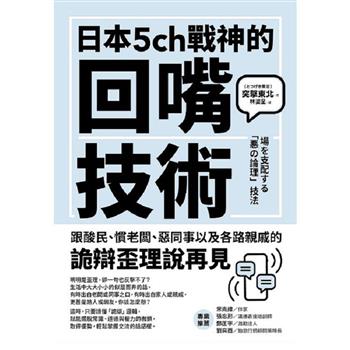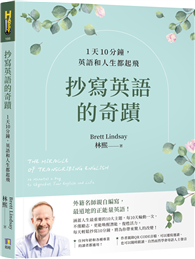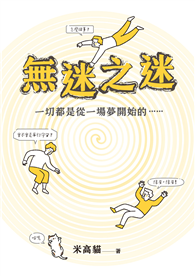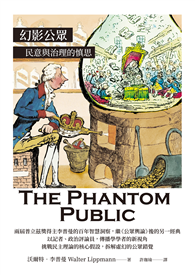In Mastering Trading Stress, author Ari Kiev--a psychiatrist who specializes in stress management and works extensively with traders--offers examples, transcripts of conversations, and personality profiles of real-life traders to illustrate how stress affects their ability to perform at their best. Drawing on his vast experience, Kiev describes a variety of practical techniques that can be used to handle destructive emotions and out-of-control feelings, including his "Most Basic" stress busters, and tells what to do if a breakdown should occur.
| FindBook |
有 1 項符合
Mastering Trading Stress: Strategies for Maximizing Performance的圖書 |
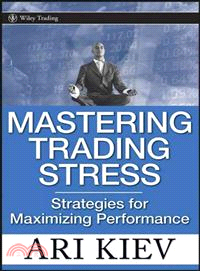 |
Mastering Trading Stress ─ Strategies for Maximizing Performance 作者:KIEV 出版社:JOHN WILEY & SONS,LTD 出版日期:2007-11-28 規格:23.5*15.9*2.5cm / 224頁 |
| 圖書館借閱 |
| 國家圖書館 | 全國圖書書目資訊網 | 國立公共資訊圖書館 | 電子書服務平台 | MetaCat 跨館整合查詢 |
| 臺北市立圖書館 | 新北市立圖書館 | 基隆市公共圖書館 | 桃園市立圖書館 | 新竹縣公共圖書館 |
| 苗栗縣立圖書館 | 臺中市立圖書館 | 彰化縣公共圖書館 | 南投縣文化局 | 雲林縣公共圖書館 |
| 嘉義縣圖書館 | 臺南市立圖書館 | 高雄市立圖書館 | 屏東縣公共圖書館 | 宜蘭縣公共圖書館 |
| 花蓮縣文化局 | 臺東縣文化處 |
|
|
圖書介紹 - 資料來源:博客來 評分:
圖書名稱:Mastering Trading Stress: Strategies for Maximizing Performance
內容簡介
作者簡介
Ari Kiev is a psychiatrist who specializes in organizational psychology, stress management, and performance enhancement. He is President of the Social Psychiatry Research Institute and is recognized worldwide for his pioneering work in transcultural psychiatry, suicidology, and psychopharmacology. Kiev is the author of four trading books: Trading to Win, Trading in the Zone, The Psychology of Risk, and Hedge Fund Masters. In recent years, he has developed The Trading To Win training programs for dealing with trading stress, portfolio management, risk control, and leadership as they relate to peak performance in the trading arena.
For more information, visit www.arikiev.com
蜂巢思維:企業面對積弊成習、對手強勢競爭與動盪世局,如何創造有意義且持久的變革
零的代價:中國在新冠疫情期間和其後的政策失誤
江恩角度K線:華爾街交易成功率90%的投資傳奇,用166張K線圖教你看出支撐與壓力,抓住波段買賣點,暴賺5000萬美元!(熱銷再版)
會計學歷年試題+模擬考
會計學完全攻略
自由選擇背後的行為賽局:讀哪間學校、跟誰結婚、是否生小孩、想與誰為鄰……諾貝爾經濟學獎得主教你繞開從眾偏誤,在人生關鍵時刻做出最佳決定
第1名業務養成術:成為業務神人的10大關鍵
別再看股價了!:每次查看股市都賠錢?最簡單的投資策略,每年交易4次就能選中贏家!
不動用武器的戰爭:資源、貿易、數據,交織全球經濟大戰略
5年從零到500萬的理想生活:5千元就能開始!克服月光和漏財,不壓抑需求也讓資產成長有感
零的代價:中國在新冠疫情期間和其後的政策失誤
江恩角度K線:華爾街交易成功率90%的投資傳奇,用166張K線圖教你看出支撐與壓力,抓住波段買賣點,暴賺5000萬美元!(熱銷再版)
會計學歷年試題+模擬考
會計學完全攻略
自由選擇背後的行為賽局:讀哪間學校、跟誰結婚、是否生小孩、想與誰為鄰……諾貝爾經濟學獎得主教你繞開從眾偏誤,在人生關鍵時刻做出最佳決定
第1名業務養成術:成為業務神人的10大關鍵
別再看股價了!:每次查看股市都賠錢?最簡單的投資策略,每年交易4次就能選中贏家!
不動用武器的戰爭:資源、貿易、數據,交織全球經濟大戰略
5年從零到500萬的理想生活:5千元就能開始!克服月光和漏財,不壓抑需求也讓資產成長有感
|

